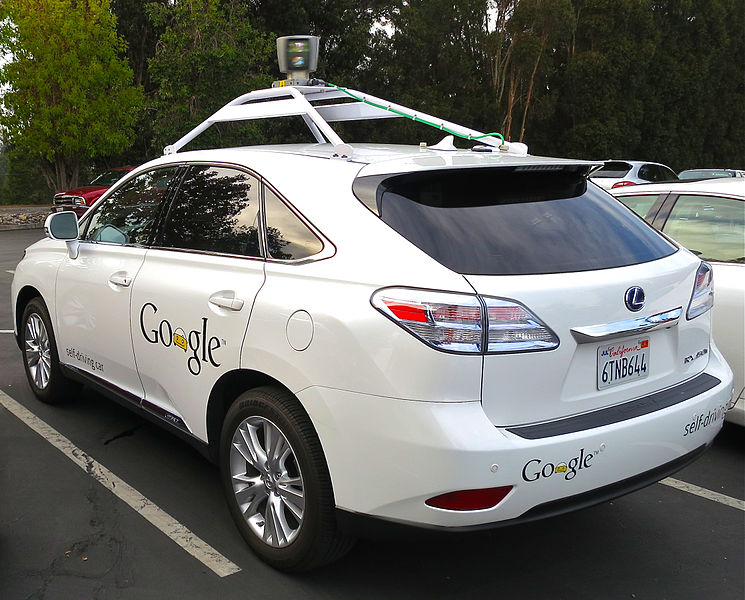The Internet of Things (IoT) is expected to be a key area of interest for IT buyers and sellers in 2014, as well as a pivotal catalyst for the information and communication technologies (ICT) industry. According to analysts at Frost & Sullivan (Asia Pacific), the explosion of IoT activity over the next few years will be driven by a nexus of low cost sensors, cloud computing, advanced data analytics and mobility.
 Rapid IoT prototyping with the Atmel-powered SODAQ
Rapid IoT prototyping with the Atmel-powered SODAQ
“Numerous opportunities will emerge as more and more data is generated by machines (‘things’) than human beings,” explained Frost & Sullivan VP Andrew Milroy. “These include the ability to analyze and use vast amounts of data, to store data and source application functionality in/from the cloud, to create, manage and support apps that enable the operation and management of IoT implementations and to provide high speed connectivity between objects and the people, who work with them and use them.”
Nitin Bhat, Partner, Frost & Sullivan Asia Pacific, expressed similar sentiments and noted that service providers will be required to to re-evaluate their portfolio, introducing new services targeted at the digital lifestyle of the consumer and their participation in the paradigm of Internet of Things.
Meanwhile, Vivek Vaidya, Vice President, VP, Automotive & Transport Practice, Frost & Sullivan Asia Pacific, said the Google vehicle provides a hint of the immense possibilities with the convergence of the car with the Internet.
For example, its 360 degree Laser Detection (LIDAR) has made it possible to achieve map-accuracy as close as 10cm – an important milestone in automotive navigation input capabilities. In addition, connecting the car to the cloud is likely to bring about a host of opportunities, ranging from self-driving cars to involvement of artificial intelligence software in which there will be no driver involvement.
 Photo Credit: Wikipedia
Photo Credit: Wikipedia
“We expect that the car will eventually be connected to the following; Home (Home Energy Management System), OEM (Location based services), Infrastructure (Vehicle to Vehicle Communication) and Social (Social Network),” added Vaidya. “However, as car manufacturers are not yet equipped to drive the transformation of the ‘smart cars’, this is a lucrative opportunity for ICT companies to work with automobile manufacturers to transform the industry.”
